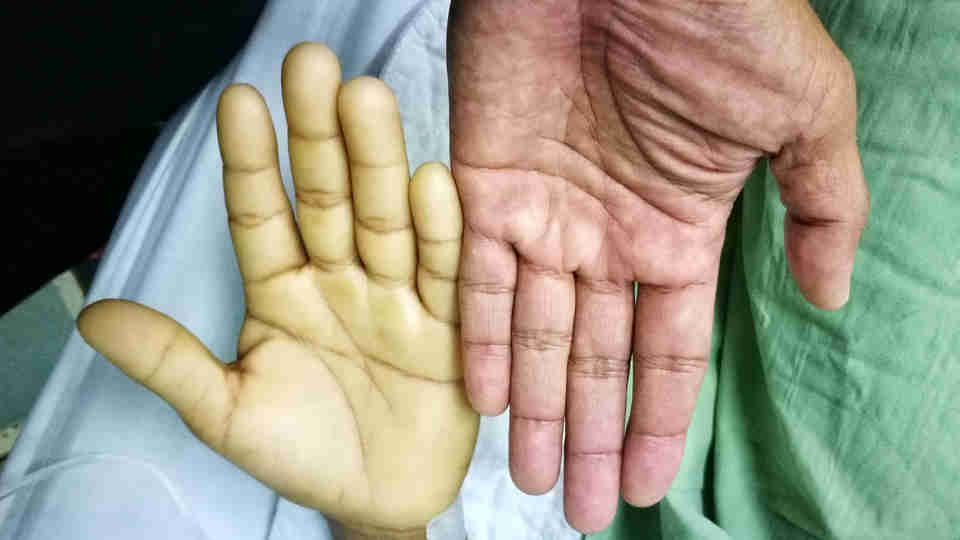India’s health crises are multipronged, even though the focus of policy interventions and public attention remains trained on the Covid-19 pandemic. Household surveys conducted by the Union government have shown that more than 50 per cent of children below the age of five, adolescent girls between 15 and 19 years, and women of reproductive age have anaemia or haemoglobin levels below 12 grams per decilitre. The National Family Health Survey 2019-20 found little change in India’s anaemia figures since the NFHS 2015-16. There is worrying news on another front. Data published by Ashoka University show that stunting is much more likely among Dalit children in areas where caste-based untouchability is prevalent. This finding is consistent with NFHS data that have shown that India has 40.6 million stunted children; this figure makes up a third of the total number of stunted children under the age of five globally.
India’s struggle to meet the health challenges of anaemia and stunting points to a common problem: the persistent crisis in nutrition. A vast section of Indian citizens remains out of the ambit of food and nutrition in a nation with one of the world’s most extensive food security programmes. A part of the problem lies in institutional leakages and lethargy. But other kinds of challenges are emerging. For instance, there have been shortcomings in the implementation of the Common Application Software, conceptualized in 2017 under the Poshan Abhiyaan with the objective of monitoring the nutrition of pregnant or lactating women and children in real time. The reliance on digitization initiatives that are yet to acquire a mass profile has also undermined public welfare. In Jharkhand, hunger deaths have been attributed to problems in linkages between ration cards and Aadhaar profiles, restricting access to food especially for those on the margins. At other times, there is policy shorn of imagination. The Centre’s solution for anaemia — it has proposed the mandatory fortification of rice with iron — has been criticized by health experts. Not only are there flaws in the government’s data-gathering modules but mandatory fortification, the experts say, could lead to health complications. Tackling such multifaceted problems surrounding health would require enhanced public awareness, targeted and informed policy interventions and the roping in of experts with a better understanding of realities on the ground.











